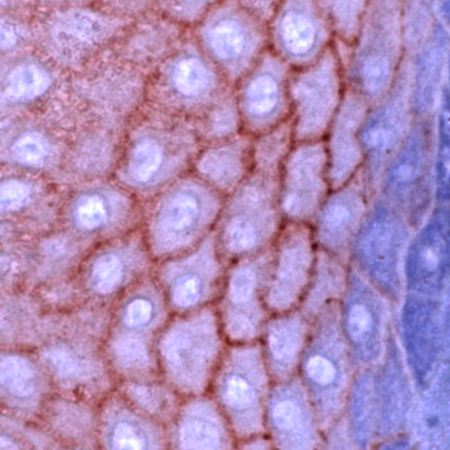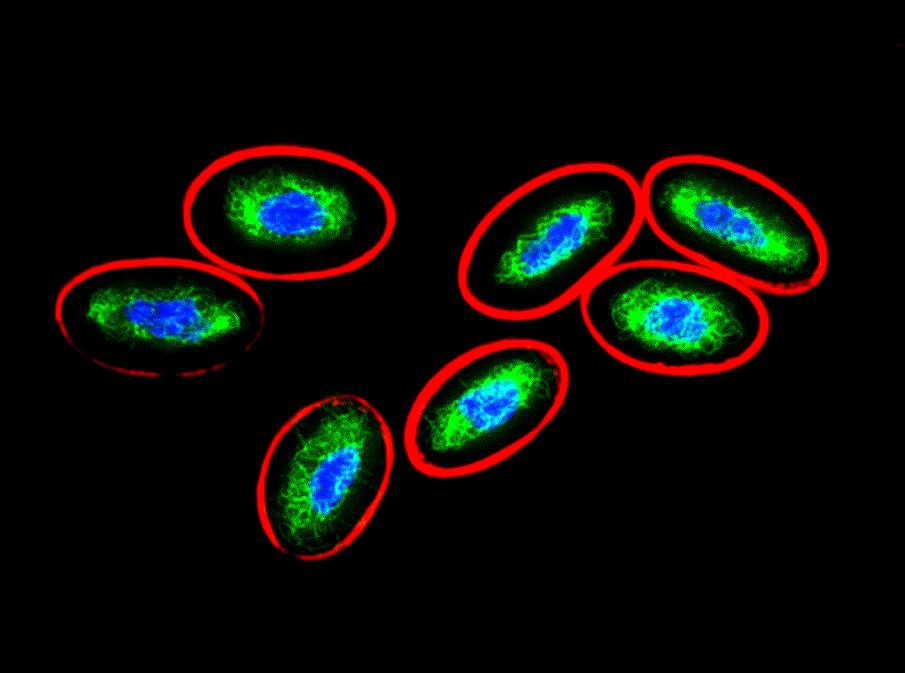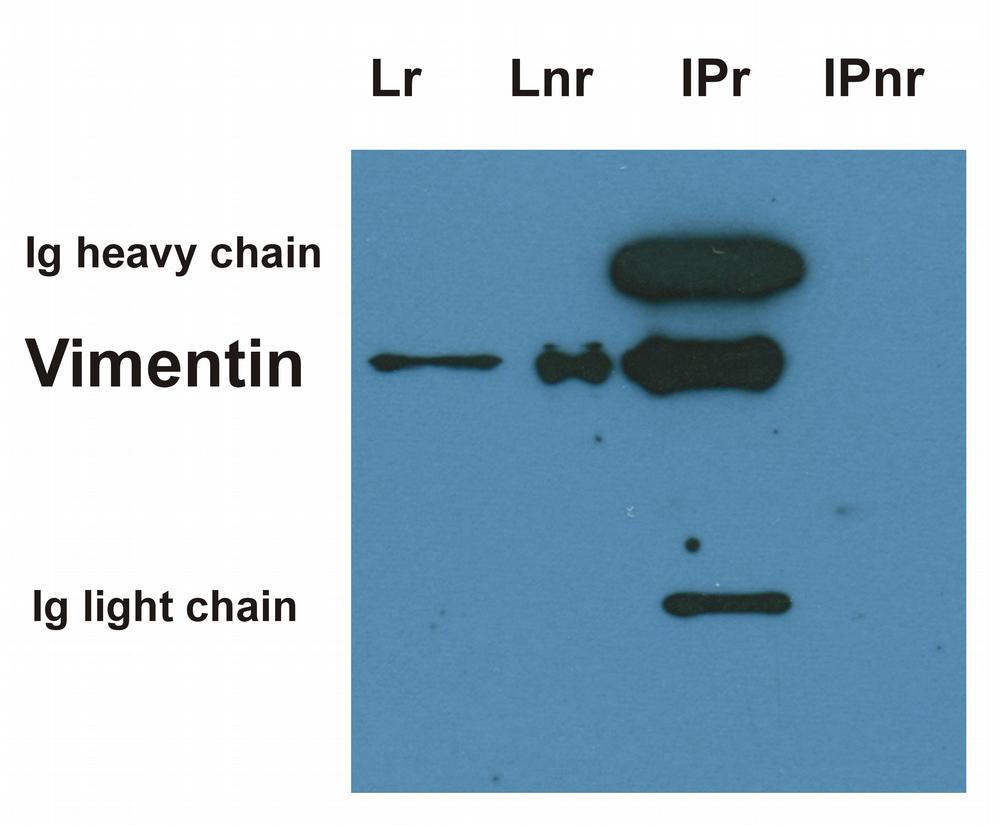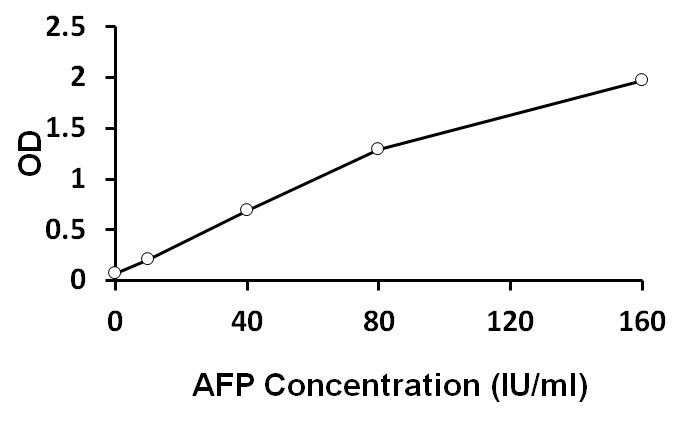Want to know if you have cancer? – Just look at your urine
Want to know if you have cancer? – Just look at your urine
The spread of cancer to liver, or commonly known as liver cancer metastases, posts a major threat for patients as it is responsible for 90% of all cancer-related deaths, due to the poor prognosis using conventional imaging techniques such as CT scanning or MRI. However, if the metastases are detected earlier, patients would have a much higher chance of survival. |
|||||||||||||||||||||||||
 |
Using a genetically-programmed probiotic approach, scientists in MIT and UCSD developed a new way for detecting liver cancer metastases in mice. This non-invasive method uses a harmless strain of E. coli, Nissle 1917, which are programmed to express LacZ that cleaves galactosides into monosaccharides. In this case, LacZ acts on a substrate consists of galactose linked to luciferin. Once luciferin is cleaved off from the galactose by LacZ, it can be excreted and easily detected by the color change in our urine. (Sci Transl Med 2015 Vol. 7, Issue 289) | ||||||||||||||||||||||||
| *Cover image from Science Translational Medicine | |||||||||||||||||||||||||
|
It was discovered in the early 1900s that bacteria is able to colonize and grow well in tumors, probably due to the high nutrient contents and lack of immune surveillance in the cancer microenvironment. In mouse model experiments, Danino et al. fed the mice with genetically-modified E.coli and found that the bugs specifically traveled and accumulated in the liver tumors through hepatic portal veins, producing easily detectable signal in urine. Furthermore, probiotics caused no deleterious health effects on mice for more than 12 months after oral delivery. Based on these results, the harmless microbial diagnostic became a promising non-invasive tool to identify early liver cancer metastases as tumor of >1mm³ in size can be detected. The team is now pursuing the idea of using probiotic to treat cancer, instead of just diagnosing it.
Arigo provides AFP ELISA Kit (ARG80640) for the sera detection of liver cancer. EMT Study Antibody Duo (E-cadherin, Vimentin) (ARG30050) allows scientists to monitor epithelial-mesenchymal transition (EMT) in cancer. E-cadherin is highly expressed in non-invasive epithelial cells while Vimentin is up-regulated in metastatic cells.
Antibody Duo
|
|||||||||||||||||||||||||




